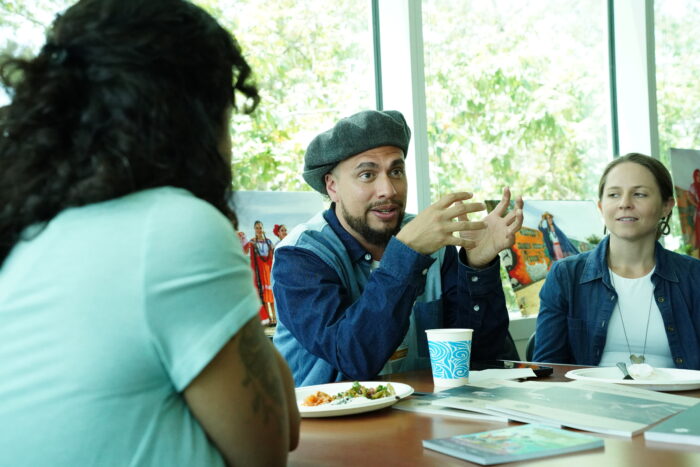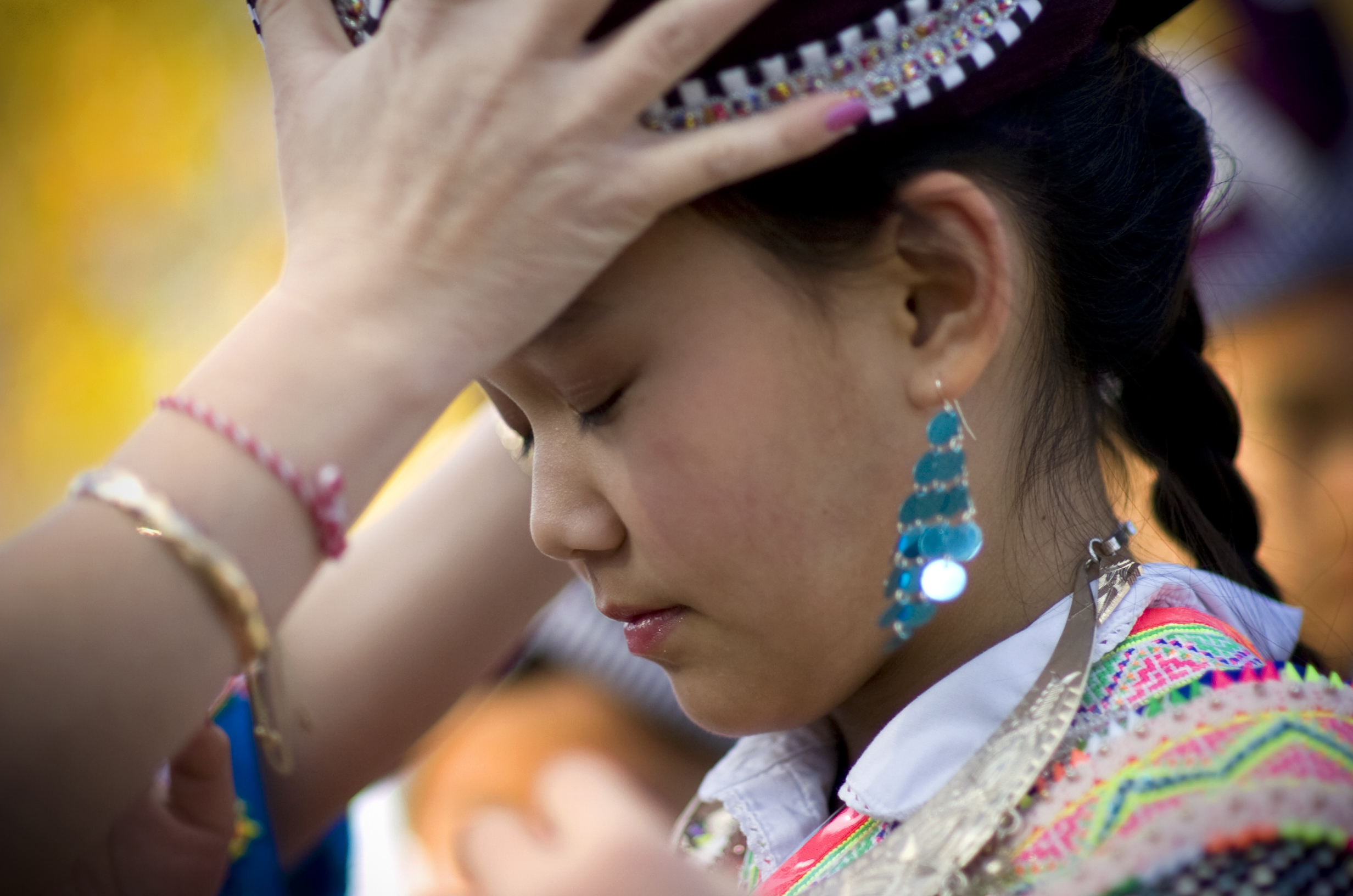A core part of ACTA’s mission is to create spaces where culture bearers, artists, and grassroots cultural organizations can be in dialogue about the traditional arts field, share resources, and learn from each other. Listening directly to the artists and practitioners we work with is a long-standing value that deepens our understanding of community needs and shapes our advocacy. This practice is how we’ve built decades of trust and impact in the traditional arts field.
In May, we gathered current and recent grantees from the Living Cultures Grant Program and the Apprenticeship Program for a convening at our Los Angeles office at the California Endowment. About 25 culture bearers from San Diego to Los Angeles joined us for a session grounded in connection, listening, and joy, sharing stories and food.
Understanding the harm many of our grantees are navigating—displacement, cultural erasure, and policy shifts that undermine their work—we asked them: How are you responding? What do you need right now—in your practice and your community?
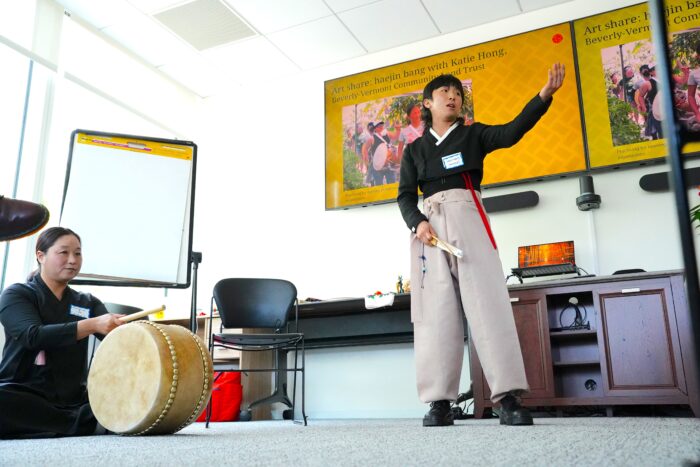
Haejin Bang: Beverly-Vermont Community Land Trust (BVCLT), 2024 Living Cultures Grantee
Haejin Bang (they/he), born and raised on Tongva land (Koreatown and Central LA) opened our grantee artist session with a powerful performance of pansori—a traditional Korean form of musical storytelling. Accompanied by the buk, a double-headed Korean barrel drum, their delivery was emotionally stirring and direct, immediately drawing in the room of fellow grantees. Haejin, whose cultural and political work centers listening, trans-diaspora, and the body, explained that pansori is deeply rooted in Korea’s oral traditions, using expressive vocals and rhythmic drumming to narrate tales of love, struggle, and humor. The word pansori itself—pan meaning “open space” and sori meaning “sound” or “song”—reflects the genre’s roots in communal settings like markets and village squares, where performers would engage communities through story and song. Their performance beautifully illustrated the enduring power of this art form to connect people through culture and voice.
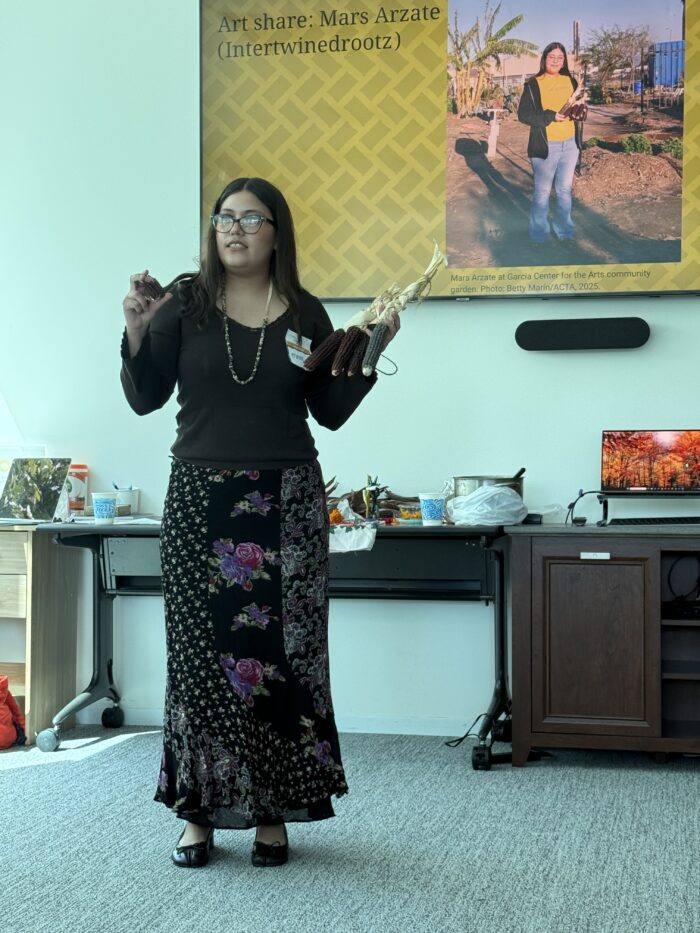
Mars Arzate: Individual artist, 2024 Living Cultures Grantee
Mars Arzate presented next at the gathering, offering a deeply personal reflection on the power of food as a bridge to culture, memory, and community. Raised in the Inland Empire, Mars shared vivid memories of making tortillas with her grandmother and picking fruit—experiences that grounded her in ancestral foodways. Over the years since, Mars became acutely aware of the disconnection between these nourishing traditions and the food landscapes in their community. Through reclaiming language and knowledge, Mars came to see how this separation impacts not only cultural identity but the fabric of relationships between people. As a native foodways advocate, Mars brought this vision to life by sharing a homemade corn-based atole, a dish rich with tradition. While they spoke of their love for corn and its profound cultural and spiritual significance, each participant was served a cup of Mars’ warm atole, delicately topped with flower petals—an offering that invited connection, remembrance, and collective healing.
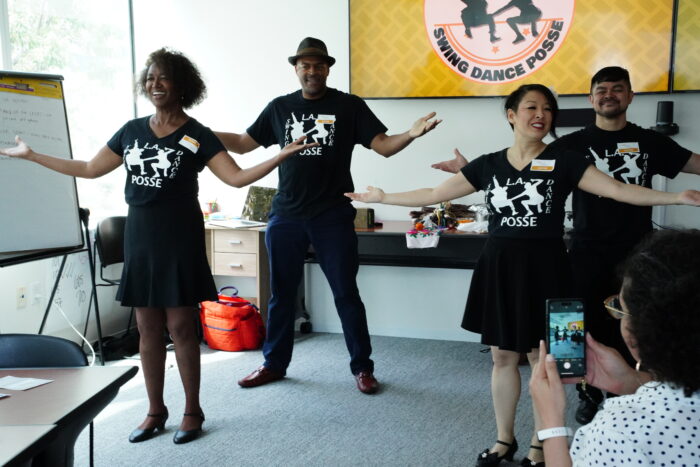
LA Swing Dance Posse (LASDP), 2025 Living Cultures Grantee
After lively group discussions, the LA Swing Dance Posse (LASDP), led by choreographer Chester A. Whitmore, brought us back together with their dynamic energy and infectious joy. True to their mission of preserving and promoting vernacular jazz dances in the African American tradition from the 1800s to the present—such as Savoy Swing, Charleston, and Lindy Hop—LASDP delivered a spirited performance that highlighted their deep commitment to cultural heritage. Chester and 4 core members of the Posse closed their presentation with a swing dance lesson that engaged participants, sparking laughter, movement, and a tangible sense of community. Their presence invoked a collective spirit and embodied the vibrant, inclusive nature of their work in dance education and performance.
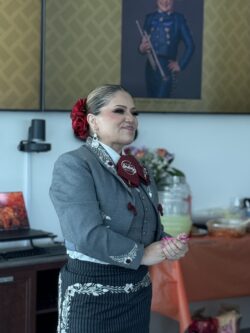
Maricela Martinez: 2024 Apprenticeship Program, Mentor Artist
Maricela Martinez—a full-time mariachi performer and mentor in ACTA’s Apprenticeship Program—closed the session with a powerful reflection on her journey in the traditionally male-dominated world of mariachi music. As founder of the trailblazing all-female ensemble Mariachi Lindas Mexicanas, Maricela shared her experiences breaking gender barriers and using music as a tool for cultural pride and social justice. Maricela was also a teaching artist for ACTA’s Arts in Corrections program, in which she collectively taught restorative justice through mariachi music and culture. She spoke candidly about the pressures of performance and commercialization that once distanced her from the heart of the tradition. In recent years, she has returned to a more community-centered practice, reaffirming mariachi’s role in honoring life’s social and cultural milestones.
Checking in with each other
Understanding the harm many of our grantees are navigating—displacement, cultural erasure, and policy shifts that undermine their work—we asked them: How are you responding? What do you need right now—in your practice and your community?
Throughout the day, grantees shared in small circles about the urgent conditions affecting their cultural work—from displacement and gentrification, to the legacies of redlining, to widespread cuts in arts funding. Culture bearers described the fatigue that comes from fighting for access to cultural spaces, instruments, and mental health support. For those working across borders, immigration enforcement presents especially complex barriers to collaboration and continuity.
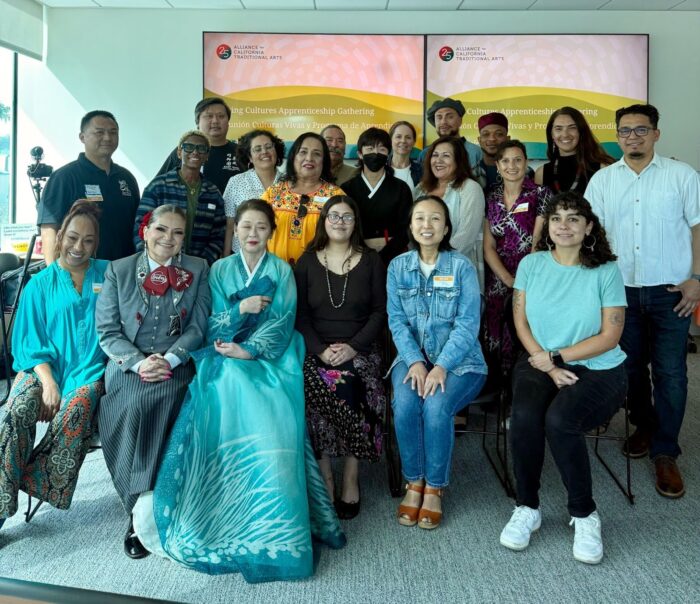
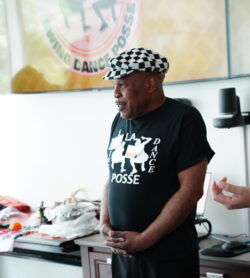
Despite these pressures, participants talked about the active organizing and healing happening in their communities, through grassroots cultural expressions such as murals, music and dance, foodways, and storytelling. Artists affirmed intergenerational mentorship and youth engagement as a powerful strategy for sustaining cultural practices. Collaborative fundraising and coalition-building among small cultural arts organizations emerged as a viable response to confront shrinking federal and foundation support.
We ended the day with a closing circle where artists offered tangible ways to support one another—from seed-sharing to forming a nonprofit to facilitating accessibly and inclusively. In a moment of shared reflection, many participants expressed how rare and necessary it felt to be in a room full of fellow artists, exchanging ideas, listening deeply, and reminding one another that cultural work is community work.
This gathering was one of two we plan to hold with current program participants, with additional convenings coming soon in the San Francisco Bay Area.

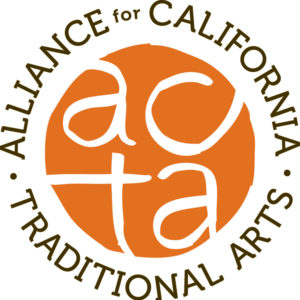 Betty Marín and Aliah Najmabadi
Betty Marín and Aliah Najmabadi
